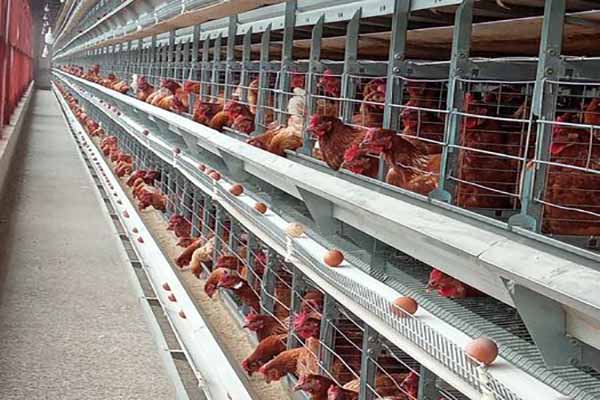Egg Production Schedule for Layers in Tanzania
In the bustling agricultural landscape of Tanzania, egg production is a crucial component of the poultry industry. As a leading provider of poultry equipment, Livi Machinery understands the importance of a well-structured production schedule for layers. This article aims to guide you through creating an effective egg production schedule tailored for the unique conditions of Tanzania.
Understanding Layer Egg Production in Tanzania
1. Seasonal Considerations
Tanzania’s diverse climate affects layer production. In the cooler months, hens are more productive, laying an average of 80-90 eggs per month. During the hot season, this number can drop to 60-70 eggs due to heat stress. Adjusting your production schedule to account for these seasonal variations is essential.
2. Feed Quality
High-quality feed is the cornerstone of successful layer production. Tanzania has abundant resources for feed ingredients, such as soybean meal and corn. Ensuring your hens receive a balanced diet is key to maximizing egg production.
3. Health Management
Regular health checks and vaccinations are crucial to maintain a healthy flock. In Tanzania, diseases like Newcastle Disease and Fowl Pox are common threats. A robust health management plan is necessary to keep your flock productive.
Creating an Effective Egg Production Schedule
1. Start with the Right Breed
Choosing the right breed of layers is crucial. In Tanzania, breeds like the ISA Brown and Hy-Line W-36 are popular for their high productivity. Consider the breed’s natural laying pattern when setting your schedule.
2. Brooding Period
The first few weeks are critical for the development of your layer flock. A well-managed brooding period ensures healthy hens that will lay consistently. Aim for a brooding period of 6-8 weeks.
3. Laying Cycle
After the brooding period, your hens will enter the laying cycle. This typically lasts for 72 weeks. Plan your production schedule to align with the laying cycle, ensuring that you have a constant supply of eggs throughout the year.
4. Routine Maintenance
Regular maintenance of your poultry equipment, such as feeders and waterers, is vital. Ensure that these are in good working condition to prevent any disruptions in the feeding and watering process.
Livi Machinery: Your Partner in Egg Production
At Livi Machinery, we offer a wide range of high-quality poultry equipment designed to enhance egg production. From automated feeders and waterers to egg collection systems, our solutions are tailored to meet the needs of Tanzania’s poultry industry.
Contact us today to discuss how our equipment and services can help optimize your egg production schedule. Let’s work together to build a sustainable and profitable poultry business in Tanzania.

